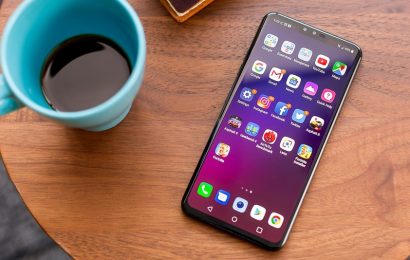Honda presented for the first time its intentions to develop autonomous cars that can be driven by 2025
The Japanese car maker decided to take its plans to the next level by attempting to take on rivals in the auto market of the future with new plan for creating autonomous cars.
Honda unveiled its mid-term Vision 2030 plan, saying it would boost coordination between R&D, procurement and manufacturing, with the main focus to tame development costs. This decision came after the company acknowledged that it must look beyond conventional vehicles if they want to survive in an industry that rapidly moves to electric and self-driving cars.
Previously, Honda has spelled out plans to market a vehicle that can drive itself on highways by as early as 2020.
“We’re going to place utmost priority on electrification and advanced safety technologies going forward,” Honda CEO Takahiro Hachigo said.
For the years ahead, Honda has prioritize developing new driving technologies, robotics (as well as artificial intelligence) and new energy solutions.
Honda – Going to the Next Level
Last year, Honda established a division to develop electric vehicles as part of its goal for lower-emission gasoline hybrids, plug-in hybrids, and hydrogen fuel cell vehicles.
By 2025, Honda plans to reach level 4 of standard automated driving functions. This means that they can drive themselves on highways and city roads under most situations. In order to achieve this type of capabilities, high technology of artificial intelligence is necessary to detect traffic movements, along with a battery of cameras and sensors to help avoid accidents.
However, Honda is not the only one with big plans. BMW has said it would launch a similar car by 2021, while Ford Motor Co has said it will introduce a car with similar features for ride-sharing purchases.
Honda has been increasing its spending, reaching a record of $6.84 billion until March.



